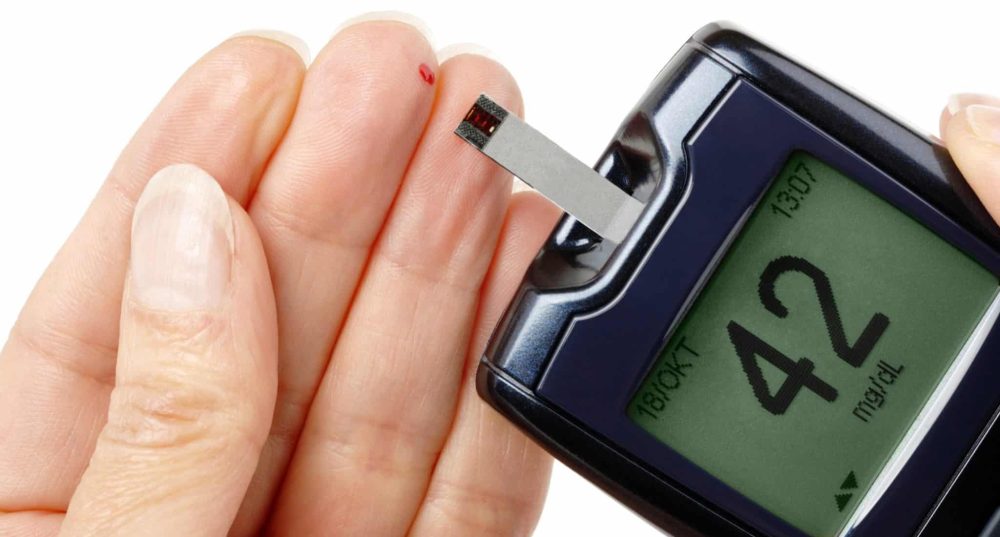Managing Low Blood Sugar Symptoms
During the course of the day, blood sugar levels can naturally rise and fall. When levels drop below 70 mg/dL, it signals low blood sugar, necessitating immediate measures to raise it. This scenario is particularly prevalent for individuals with type 1 diabetes.
Recognizing the signs of low blood sugar is vital since unaddressed low blood sugar can be life-threatening. Continue reading to learn more about the symptoms and causes of low blood sugar.
What Causes Low Blood Sugar?
There are various reasons one might encounter low blood sugar, including:
- administering an excess amount of insulin
- insufficient carbohydrate intake relative to insulin dose
- timing of insulin administration
- extent and intensity of physical activities
- alcohol consumption
- diet composition, including protein, fiber, and fat
- unexpected changes in daily routine
- spending time at high altitudes
- going through puberty
- menstrual cycles
Low Blood Sugar Symptoms Without Diabetes
Can individuals without diabetes experience low blood sugar? Yes, potential causes include:
- medications
- issues with the pancreas, kidneys, or liver
- metabolic disorders
- alcohol consumption
- digestive conditions
Low Blood Sugar Symptoms in Adults
Each person’s body may respond differently to low blood sugar. It’s important to be aware of your own symptoms. Common symptoms among adults include:
- rapid heartbeat
- trembling
- sweating
- nervousness
- anxiety
- irritability or confusion
- dizziness
- hunger
Types of Low Blood Sugar
Nighttime Low Blood Sugar
Low blood sugar can occur at any time, even during the night. Potential causes include:
- experiencing an exhausting day
- exercising right before bed
- taking too much insulin
- consuming alcohol in the evening
Severe Low Blood Sugar
Severe drops in blood sugar can lead to more serious symptoms, such as:
- weakness
- difficulty walking or vision problems
- behavioral changes or confusion
- seizures
